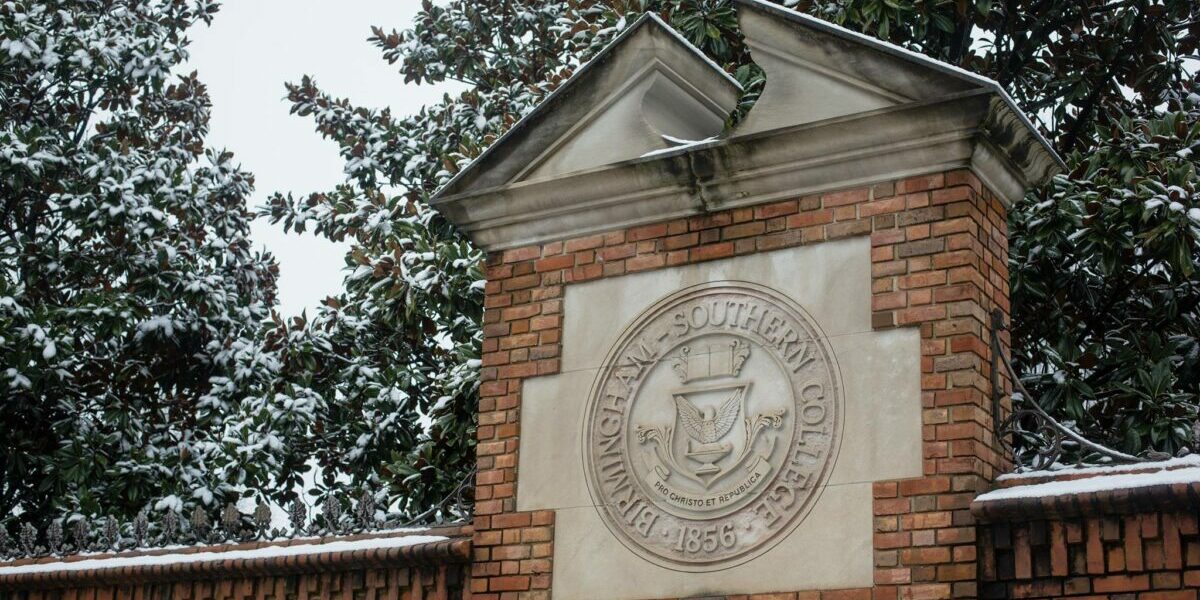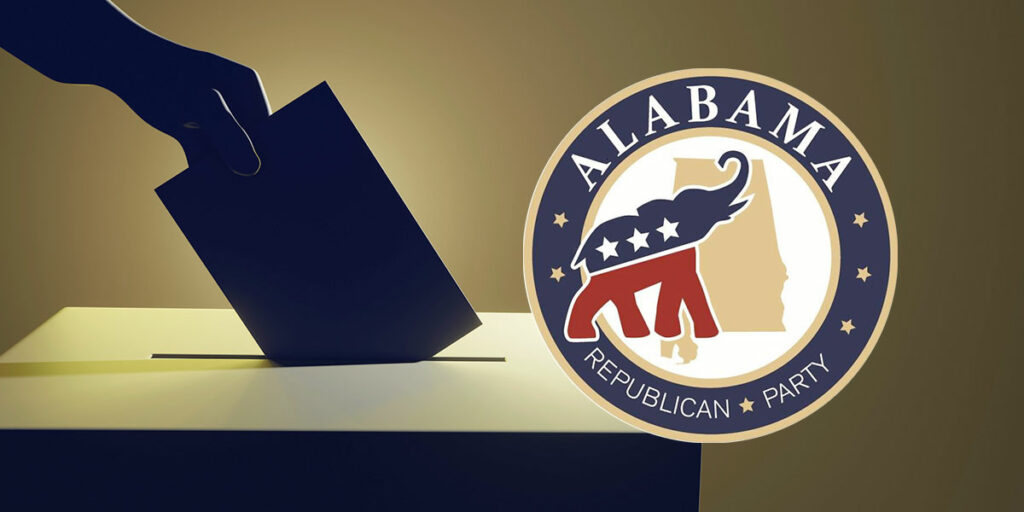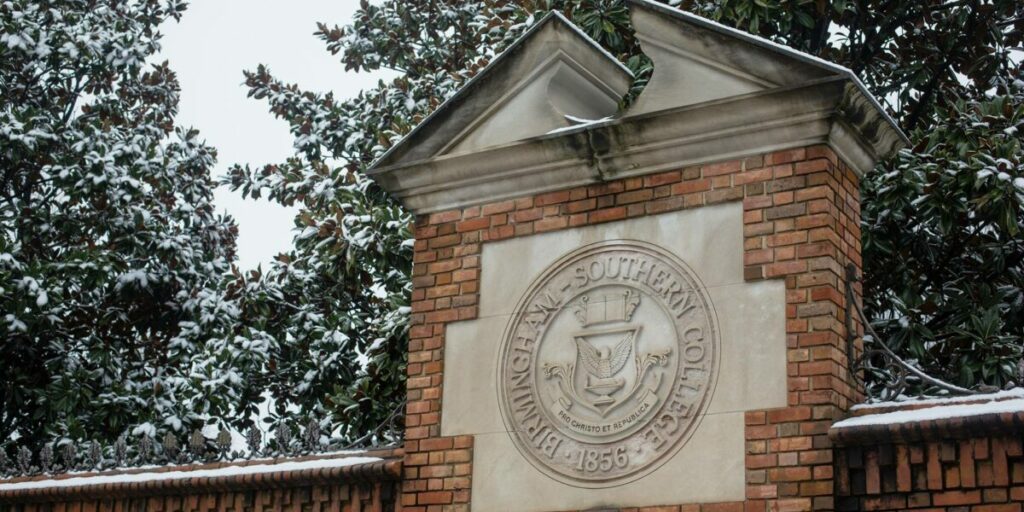Birmingham-Southern College, founded in 1856, has requested $37.5 million in assistance from the state, the city of Birmingham, and Jefferson County. President Daniel Coleman warns that without assistance the school could close in May. B-SC’s troubles afford state lawmakers an opportunity for bold higher education reform.
I will first mention but not evaluate several relevant considerations for potential aid. Is B-SC truly near closing, or is the crisis being manufactured to help solicit state funds? Will this be one-time or continuing support? Will other Alabama colleges seek government assistance if BSC succeeds?
One could take the principled stand that government should not assist private businesses or colleges. I favor this principle. Our state and local governments, however, do not follow this. They frequently offer incentives to businesses like paying for land and employee training. Large retailers get to keep some sales tax revenue. Tuskegee University receives annual appropriations from the state. Lawmakers cannot claim principle here.
The important question becomes, what is the value proposition for taxpayers from supporting B-SC? The state already has 14 four-year universities, including one in
Birmingham and a liberal arts college in Montevalo. Similarity to our existing state
universities lowers the value of preserving B-SC.
A transformed college could add value. Although a deep red state, Alabama’s state universities do not promote America’s founding values of personal freedom and limited government. Conservative and libertarian faculty and programs do exist, like Troy’s Johnson Center and Free Enterprise Scholars program. We lack a “red state” university.
Florida Gov. Ron DeSantis is acting on higher education, including appointing former Republican Sen. Ben Sasse president of the University of Florida.
Of relevance for B-SC’s request, Gov. DeSantis has appointed trustees with a mandate to transform Sarasota’s New College into the Hillsdale of the South. Why should Florida or Alabama emulate Hillsdale College? Hillsdale is a private liberal arts college in Michigan which achieved notoriety for refusing Federal funding. The school is highly conservative and free market and has often partnered with the Heritage Foundation. Hillsdale is perhaps the nation’s most recognized conservative college, attracting students from across the country. State assistance transforming B-SC into Alabama’s Hillsdale would create value.
One objection is public funding of education and scholarship with a political or ideological orientation. Liberals should not be forced to support an institution dedicated to teaching and research about conservative and free market philosophies.
Yet this objection implies ending government support for higher education. Many disciplines, including economics yield theories about the organization of society and role of government. Privatizing Alabama’s state universities is not on the table.
Ideological neutrality by elected officials toward universities might seem appropriate given bias concerns. Yet liberals far outnumber conservatives and libertarians in academia, with the imbalance growing. Official neutrality ensures liberal hegemony.
Economist John Merrifield contends that creating a diverse menu of options should be the goal of K-12 education reform. Many students (and their parents) favor a traditional college education on the Hillsdale model. Ensuring diverse and valuable options means making this available in Alabama at in-state tuition rates.
Changing the character of B-SC would alter the terms of service for faculty and administrators who have worked for years. I am very sensitive to such an objection. I would prefer starting a new “red state” university so everyone knew the mission from day one. Yet B-SC’s financial problems mean change is likely coming without government support.
Private investors or philanthropists could take over and transform B-SC as proposed here. A college dedicated to traditional American values arguably should be private. B-SC’s request for government assistance is why I have proposed state action. Public support for higher education is declining, and largely along partisan lines.
Universities have birthed many ideas hostile to the traditional American way of life. We
need red state universities, and state governments must step up given their role in higher education. Birmingham-Southern’s request offers our elected representatives an opportunity for bold action.
Daniel Sutter is the Charles G. Koch Professor of Economics with the Manuel H.
Johnson Center for Political Economy at Troy University and host of Econversations on
TrojanVision. The opinions expressed in this column are the author’s and do not
necessarily reflect the views of Troy University.











